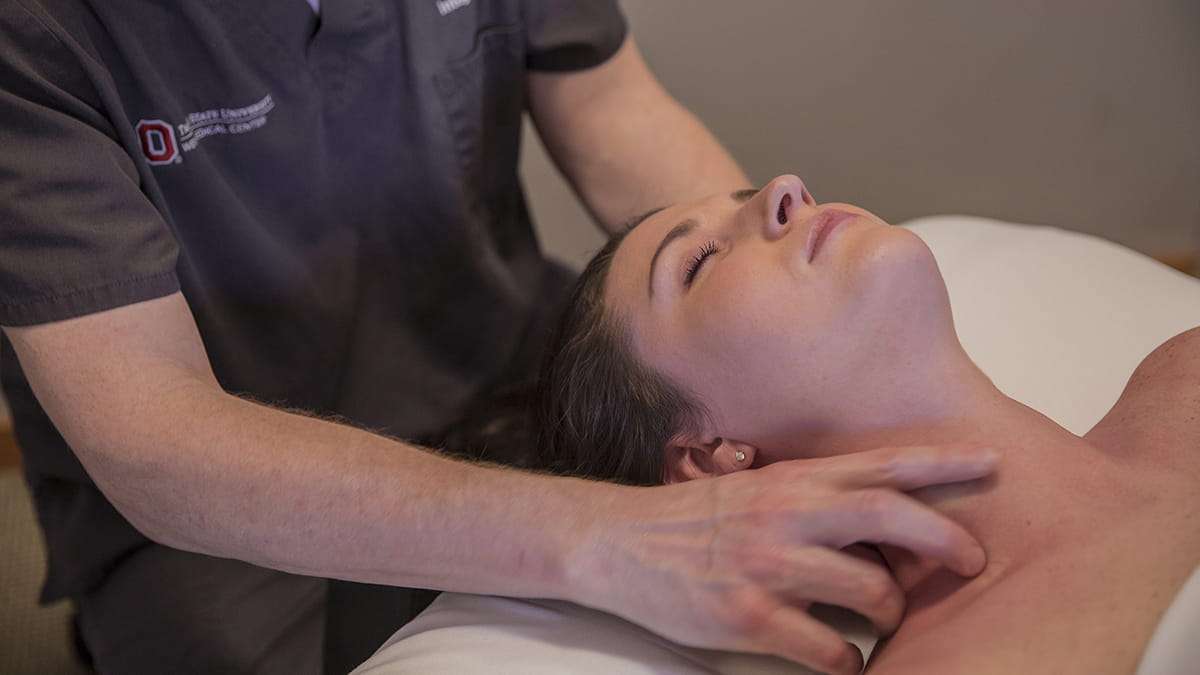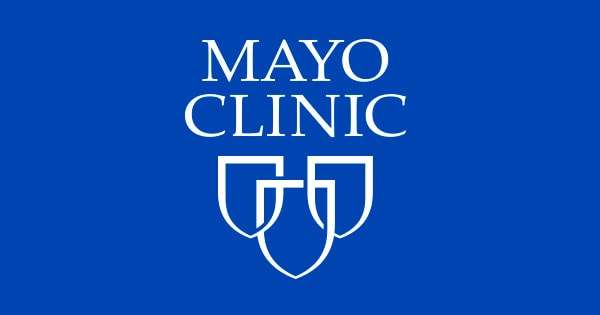Music can have a profound effect on both the emotions and the body. Faster music can make you feel more alert and concentrate better. Upbeat music can make you feel more optimistic and positive about life. A slower tempo can quiet your mind and relax your muscles, making you feel soothed while releasing the stress of the day. Music is effective for relaxation and stress management.
Research confirms these personal experiences with music. Current findings indicate that music around 60 beats per minute can cause the brain to synchronize with the beat causing alpha brainwaves (frequencies from 8 – 14 hertz or cycles per second). This alpha brainwave is what is present when we are relaxed and conscious. To induce sleep (a delta brainwave of 5 hertz), a person may need to devote at least 45 minutes, in a relaxed position, listening to calming music. Researchers at Stanford University have said that “listening to music seems to be able to change brain functioning to the same extent as medication.” They noted that music is something that almost anybody can access and makes it an easy stress reduction tool.
So what type of music reduces stress the best? A bit surprising is that Native American, Celtic, Indian stringed-instruments, drums, and flutes are very effective at relaxing the mind even when played moderately loud. Sounds of rain, thunder, and nature sounds may also be relaxing particularly when mixed with other music, such as light jazz, classical (the “largo” movement), and easy listening music. Since with music we are rarely told the beats per minute, how do you choose the relaxation music that is best for you? The answer partly rests with you: You must first like the music being played, and then it must relax you. You could start by simply exploring the music on this web page. Some may relax you, some may not. Forcing yourself to listen to relaxation music that irritates you can create tension, not reduce it. If that happens, try looking for alternatives on the internet or consult with Counseling Service staff for other musical suggestions. It is important to remember that quieting your mind does not mean you will automatically feel sleepy. It means your brain and body are relaxed, and with your new calm self, you can then function at your best in many activities.
Experiment now. Experience a “sound bath” and let the music carry you away
The links below each open relaxing musical selections in YouTube.
A Moment of Peace Meditation
Aneal & Bradfield, “Heaven and Earth Spirits” track from Life & Love). Lovely contemporary piano music with accompanying instruments and nature scenes.
Echoes of Time
C. Carlos Nakai from the Canyon Trilogy. Serene Native American flute music, with a picture of Nakai backlit by the sun at the Grand Canyon.
The Winding Path
Ken Kern from The Winding Path. Highly rated, beautiful piano music with accompanying instruments with pictures of exquisite flowers and plants.
Classical Indian Music for Healing and Relaxing
Gayatri Govindarajan, “Pure Deep Meditation” track. Lovely and rhythmic music played on the veena, the most ancient of the Indian plucked-instruments, with nature scenes.
Angels of Venice
Angels of Venice from Music for Harp, Flute and Cello. Classical with 3 instruments with nature pictures.
Earth Drum
“Spirit Vision,” (David & Steve Gordon. Serene and lovely contemporary Native American informed-drumming music utilizing Taos Log Drum and Incan Pan along with other instruments and ocean/forest nature scenes.
Buddha Spirit
Aneal & Bradfield from Light & Love. Reflective but strong contemporary music utilizing various instruments and occasional humming voices with colorful oscillating fractals
Spa Relaxing Music
Tranquil contemporary instrumental with piano and a fixed candle light.
Relaxation Music: 1-Hour Meditation Candle
Serene contemporary instrumental with piano and one flickering candle.
Sleep Deeply
Dan Gibson. Nature sounds and instrumental, tranquil sleep music.
Weightless
Marconi Union. The sounds on this video are carefully arranged harmonies, rhythms, and bass lines that help slow a listener’s heart rate, reduce blood pressure, and lower levels of the cortisol stress hormone.
Overview
What is music therapy?
Music therapy is the clinical use of music to accomplish individualized goals such as reducing stress, improving mood and self-expression. It is an evidence-based therapy well-established in the health community. Music therapy experiences may include listening, singing, playing instruments, or composing music. Musical skills or talents are not required to participate.
Music therapy may help you psychologically, emotionally, physically, spiritually, cognitively and socially. A short list of benefits includes:
- Lowering blood pressure.
- Improving memory.
- Enhanced communication and social skills through experiencing music with others.
- Self-reflection. Observing your thoughts and emotions.
- Reducing muscle tension.
- Self-regulation. Developing healthy coping skills to manage your thoughts and emotions.
- Increasing motivation.
- Managing pain.
- Increasing joy.
Formal music therapy was defined and first used by the United States War Department in 1945. It helped military service members recovering in Army hospitals with occupational therapy, education, recreation and physical reconditioning.
Who do music therapists work with?
People of all backgrounds, ages and cultures can respond to music, and to music therapy. Notable groups music therapists have helped include:
- Military service members and veterans. Music therapy helps you cope with trauma.
- People with Autism Spectrum Disorder (ASD). Individuals on the spectrum learn best when there is familiarity, structure, predictability and consistency.
- Individuals with Alzheimer’s disease. Music therapy may help with memory and stimulate your mind because of predictability, familiarity and feelings of security.
- People in correctional settings. If you’re incarcerated, in a mental health facility, half-way house or group home, music therapy may help with problem-solving, communication skills, relaxation and decreasing impulsivity.
- Victims of trauma and crisis. If you’ve experienced trauma and crisis, you might have anxiety, stress and pain. Music therapy can help you with decreasing those three experiences, improving your mood, feeling confident and in control and providing a non-verbal outlet for emotions.
- Those who are physically ill. The list includes, but is not limited to people with chronic pain, diabetes, cardiac conditions, cancer, headaches, recent surgery and people in rehab.
- Individuals with mental health disorders. If you’re dealing with a mental health disorder, music therapy can help you with communication and expression, help you explore your thoughts and feelings, improve your mood and concentration and develop coping skills.
- People with chronic pain. Music therapy can help decrease your pain, anxiety, fatigue and depression.
- Substance abusers. Music therapy may help if you have a substance abuse disorder. Research has shown that it can increase motivation and self-esteem, reduce muscle tension, decrease anxiety, improve self-awareness and strengthen coping skills.
Where does music therapy take place?
The most common settings are hospitals, schools, nursing homes, outpatient clinics, mental health centers and residences for individuals with developmental disabilities. Music therapists also go to juvenile detention facilities, schools and private practices.
Is music therapy outpatient or inpatient?
Whether the music therapy is delivered outpatient or inpatient depends on the individual program. You may be able to come in for sessions during the day (just like a counseling appointment), or a music therapist may come to you while you’re admitted into the hospital or at school. Sometimes music therapy is held in groups.
Do music therapists work with children and adolescents?
Yes. Music therapy may help with the following:
- Behavior disorders.
- Mood and anxiety disorders.
- Attention deficit/Hyperactivity disorder (ADHD).
- Autism spectrum disorders (ASD).
- Trauma.
- Substance abuse disorders.




